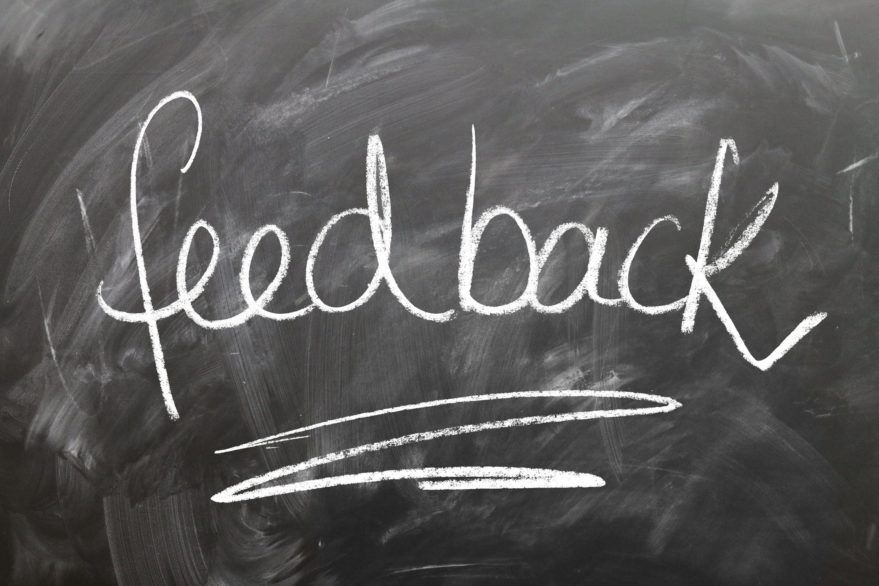

Is artificial intelligence changing the recruiting process?
In this article, we present you with the most important benefits of using AI in recruitment, its importance, examples of tools and how it can positively impact your recruitment pipeline.
AI plays a crucial role in reducing repetitive, high-volume, tasks as much as possible without compromising the quality of candidates that can be selected from a large talent pool. A challenge that many companies still face today.
Most of them agree that the most time-consuming part of recruiting is the manual screening of resumes and shortlisting of the right candidates to interview. This feedback is something we hear from the regular meetings we have with our clients as well.
From day-to-day sourcing experience a great benefit of AI is how it can help us with discovering and evaluating relevant talent and potential hires and engaging with them. It helps us targeting candidates in a tailored way where it zeroes in on finding candidates based on job titles, educational backgrounds, age and demographics, industry experience, and even expected salary ranges.
AI Recruitment tools and software.
To give you a better understanding of the AI recruiting tools landscape and how some of them might help you with your recruiting needs, I listed some of the most popular ones below.
1. Paradox.
Paradox is a company that created AI assistant “Olivia”. Olivia saves recruiters a lot of valuable time by taking over most manual tasks, including but not limited to:
- Answering candidate questions 24/7
- Communicating your brand story and company values through an immersive experience
- Scheduling interviews with prospective candidates
- Collecting real-time insights about your candidate’s hiring experience
2. Fetcher
Fetcher is an AI-powered sourcing solution that fills your talent pipeline with high-quality candidates based on your criteria. They combine machine learning with human insights making it easier for the AI to find qualified candidates more quickly. I listed some of the most popular ones below:
- Sourcing candidates based on personalised criteria and sending qualified profiles straight to the recruiter.
- Automation of the applicant sorting processes which automatically detect the best applicants based on your desired parameters.
3. InTouch Tool
InTouch Tool is a plug-in software that allows for personalized contact with selected candidates in a recruitment process. The main advantages of the InTouch Tool include:
· Possibility to run several sourcing campaigns simultaneously;
· Possibility of using the Tool by several recruiters at the same time;
· Compatibility with social media platform sales tools.
AI recruitment trends that we see today.
The hours that recruiters normally spend on screening, sourcing, scheduling interviews and other tasks that negatively impact the time-to-hire slowly become a thing of the past.
Trend 1: Chatbots and digital search plug-ins.
These apps simulate interpersonal conversations in a highly personalized way. In addition, they have the ability to generate a large amount of data from which they select candidates matching against the job profile on the basis of preferred qualifications, skills, education and other parameters, which can be adapted to the needs of a given recruitment process.
Research conducted by Allegis shows that the majority of candidates feels fully comfortable having a chatbot arranging their interviews and answering their questions which adds to the rise of popularity of these AI-driven applications.
Trend 2: The use of AI to reduce bias.
To rule out one of the most common roadblocks in recruiting, unconscious bias, an increasing number of companies resort to fully automated top-of-funnel processes.
Once applicants come in they use AI software to evaluate the talent pool instead of making their recruiters decide which candidates are suitable. By removing this unconscious bias, recruiters enjoy a more diverse and inclusive pipeline of talent automatically.
Trend 3: Programmatic job advertising.
Instead of manually posting jobs in slots on various websites where talents seek to find a great position to fill, many companies start to make use of programmatic job advertising.
Programmatic job advertising means that buying, placing and optimising ad budgets and job ads happens automatically.
Final thoughts:
Companies that adopt AI in their HR ecosystem also gain a strong competitive edge since automation significantly reduces the time-to-hire. In turn, this means they are less likely to lose potential candidates to their faster-moving competitors. Recruitment technology is evolving and today it is hard to imagine recruitment without some form of automation that allows companies to keep up with the hard hiring demands. This is why we see that AI is becoming an almost mandatory tool for recruiters to maintain their competitive edge.

